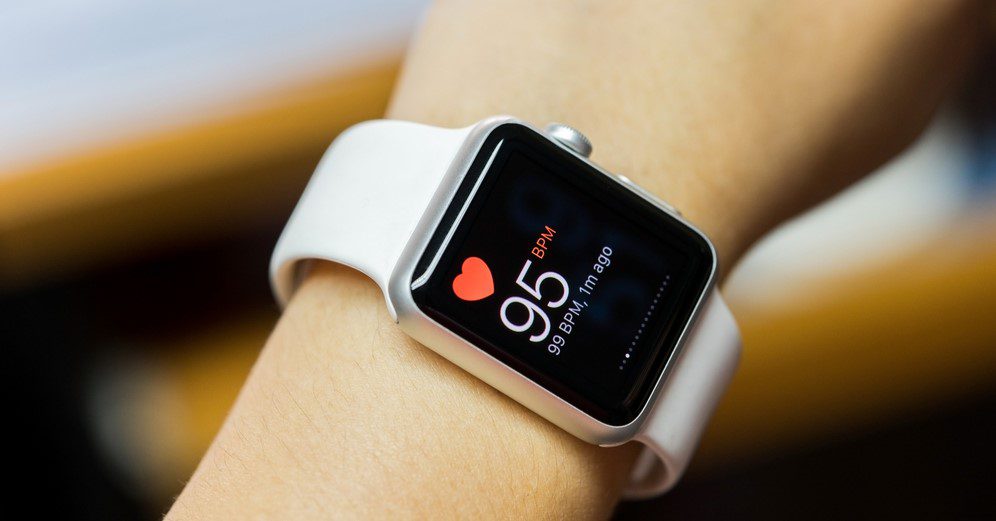Our Blog
Industry News &
Updates

How wearable devices in healthcare support practitioners and patients
Global spend on wearable devices is forecast to pass USD $81.5 billion in 2021, almost 20% higher than last year. As more people use wearable devices, the opportunity to use wearables in healthcare increases. Wearable fitness trackers and...

What is FHIR for interoperability in healthcare, and why is it important?
In the context of healthcare, interoperability is the ability of different information systems, devices and applications to access, exchange, integrate and cooperatively use data in a coordinated manner. Effective interoperability must work within...

Getting started with interoperability in healthcare
Does your healthcare practice or organisation leverage interoperability? Interoperability brings together processes, databases, devices and software systems so they can communicate with each other. As new models of care continue emerging and...

The core benefits of healthcare interoperability
Healthcare settings frequently leverage a variety of systems integrated into their operations. Organisations need their health information systems to work together in harmony so they can provide better care for individuals and communities. This is...

Integrating wearable sensors and AI in MedTech
Consumers are showing an increasing demand for comfortable wearable technology that can help them monitor their health. These devices, such as fitness trackers, smartwatches, biosensors, and intelligent armbands, collect users’ health data. In many...

The case for cloud services in healthcare
Most hospitals today rely on outdated software systems that had to be patched repeatedly through the years as medical technology and devices progressively evolved. These unsteady and unreliable foundations can lead to frequent inefficiencies and...

5 questions to ask when investing in healthcare technology
You need a clear understanding of how to leverage new healthcare technology before adopting it in your practice. A MedTech device may have cutting-edge features that fits your patients’ needs, but you will struggle to reap the benefits if the...

Conversational AI in MedTech
Conversational applications are a type of software that automates dialogue via chat or text-to-speech. Many people engage with conversational AI daily, sometimes without even realising it. This technology already simplifies several tasks in the...

Personal Healthcare Reimagined
Technology has existed in healthcare since the early days. From the invention of ECG to the evolution of pacemakers, the focus has remained on life-saving medical equipment. In the 1960s and 70s, further advances in digital electronics led to...

Is remote patient monitoring the future of at-home healthcare?
Digital therapeutic applications help people with conditions such as diabetes, obesity, or heart disease monitor their everyday health. These apps use the latest technology to synchronise personal health data from smartphones or computers to a...

2020 – 2021 Holiday Operating Hours
As 2020 comes to a close, we would like to thank our customers and partners for their support this year and inform you of our operating hours over the holiday period. Our office will close on Thursday, the 24th of December 2020 at 5:00 PM and will...

The innovations taking Electronic Health Records to new heights
Paper medical charts used to contain records of all relevant medical events for a patient. This usually included demographics, growth landmarks, illnesses, medications, and treatments. The charts were frequently written in unstructured free text by...
